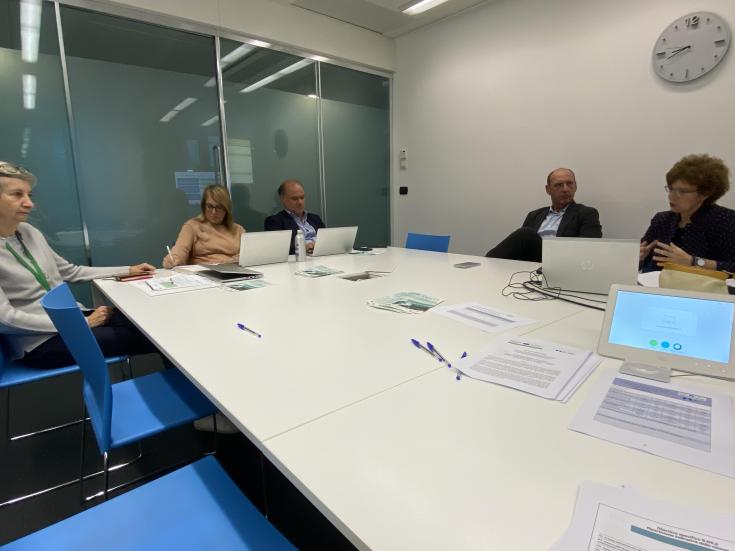Lombardy Takes Action on Climate Change

The first regional meeting of stakeholders in Lombardy brought together key players to explore effective implementation of territorial climate action projects and initiatives. This crucial gathering served as an opportunity to:
- Align Regional and European Resources: The meeting aimed to bridge the gap between the Regional Operational Program (ROP) ERDF planning and implementation on climate change adaptation and the resources available through the Interreg Europe program, specifically through the CLIMATE project.
- Enhance Policy Instruments: The CLIMATE project, with a core phase concluding on March 31, 2027, requires demonstrating positive impacts on Lombardy's policy instruments. To achieve this, the meeting focused on expected policy improvements aligned with the ROP ERDF's Specific Objectives, raising awareness among regional authorities and their staff.
- Identify Urgent Needs: Representatives from the Lombardy Region's Presidency and Environment and Climate departments, responsible for managing ROP ERDF's Specific Objectives, presented the current status of implementation for each measure and related tenders. They highlighted the most pressing needs for managing climate risks in civil protection, providing valuable insights for improving Lombardy's policy instrument within the CLIMATE project.
Key Areas of Focus and recommendations:
- Aligning Regional and National Strategies: The meeting explored the transposition of national climate objectives into the ROP, ensuring the coherence of policy instruments with the National Plan for Adaptation to Climate Change (PNACC, 2023).
- Integrating Adaptation Criteria: Participants discussed the inclusion of adaptation criteria in all SO tenders, including the possibility of incorporating "reward criteria" or ad hoc evaluations for climate-conscious measures.
- Strengthening Stakeholder Involvement: The meeting emphasized the importance of involving intermediate bodies such as Civil Society Organizations (CSOs) and environmental agencies in the evaluation and monitoring of climate-related projects. This could involve proposing discussions on the management of extreme weather events, best adaptation practices, and projects that enhance community and territorial resilience at the Observatory table.
